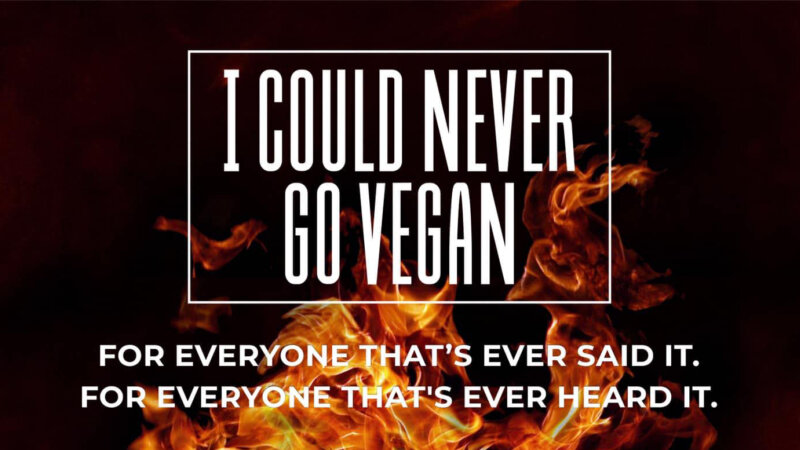Overrated/Underrated Vol. 1
JOÃO PAULO SIMÕES.
It all starts in the mind - that subjective construct of ours, built upon belief and deception of the self in equal measures. Still, where it reads ‘subjective’, we should perhaps find the word ‘fragile’, because that is precisely the starting point of the two recent film releases that I selected as templates for this theme. While it may require time for them to mature and fully attain one status or the other, I propose that they are perfect, quintessential distillations of their respective directors’ careers.
Danny Boyle started his career as a TV producer. His latest film, Trance, originates from a made-for-TV drama. If being able to spot an opportunity is a good quality in a producer, appropriation is the worst side of opportunism, which in turn denies true artistic vision. And that, unfortunately, proliferates amongst film directors. The potential of Trance was vast, but it would’ve required a stronger mind behind it. As in all of Boyle’s film output, scenes are played for effect - undermining atmosphere, truncating narrative and ignoring character consistency.
But crucially, Trance falls into that category of ‘mind films’ that fail to understand their own subject matter. Overrated films by overrated filmmakers - such as Memento (which, by denying cinema’s intrinsic value as a conduit of memories, exposes Christopher Nolan’s rudimentary command of the art form) or Black Swan (which also worries more about its own cleverness than how simplistic its Jungian devices actually are).
All three make pathetic assumptions of their audience’s IQs, which in turn speaks volumes of the men at the helm.
That is not the case with Side Effects. Announced by Steven Soderbergh as his last big screen outing, this film displays beautifully all the qualities and flaws of its director. It encapsulates the sobriety of tone and respect for character and audience that marked his 1989 debut Sex, Lies and Videotape. It also displays the more mainstream touch that was to be found in Traffic (2000) or the Ocean’s Trilogy (2001-2007), all under the same prescription.
The film is widely (and unfairly) criticised for not pursuing one or the other approach. Yet although the end result may seem odd and less than perfect - the best films tend to be - Soderbergh is more in control than his multi-tasking (directing, shooting, editing) might suggest.
Through this pharmacologically cold film, we get acquainted with how unsustainable the manipulation of moods and emotions for profit can be; something its underrated director, who makes films for the right reasons, has endured in Hollywood for too long and decided to put an end to.
|Alexander Murray.
Sam Raimi’s Oz the Great and Powerful and Harmony Korine’s Spring Breakers wouldn’t usually be spoken of in the same breath. Yet both feature a sleazy James Franco, leading the viewers into unfamiliar, over-populated worlds, and both force us into the alienating position of outsiders, be it through the point-of-view of dangerous objects (Raimi) or the screwed-up worldview of misfits (Korine). But while these are fast becoming overrated as films, as cultural moments they eulogise the tragicomic fate of child stars.
Oz the Great and Powerful cannot help but resurrect the ghost of Judy Garland, impeccable child actor turned overdosed gay icon. At the grillz-plated core of Spring Breakers gyrates the post-clippers Britney. Not only that, but before our very eyes, Disney princesses Selena Gomez and Vanessa Hudgens make the same perilous journey into adulthood. Like Paul Schrader’s The Canyons, starring that other great screw-up Lindsay Lohan, the idea is simple: bus in a vulnerable star and leave the cameras rolling. It’s car-crash cinema. A Warholian exercise in celebrity hagiography.
By defiling Disney, Korine has created something we never knew we needed - a Millennial Carry On. On one hand, the director’s cultural anthropology and documentary aesthetic expose him as a peddler of exalted truth. Alternatively, he might not be more than an exploiter (of white trash and women) who’s more endured than enjoyed. It’s impossible to tell whether he contributes to the problem at the heart of pop culture or merely presents it. Is it commentary, or documentary, or both? This ability to keep us guessing makes a strong case for an underrated status.
In Raimi’s underrated past life he directed the Evil Dead trilogy. Too low budget for special FX and too early for CGI, he improvised, working with genius slapstick actor Bruce Campbell to create the funniest gore ever shot. Now he’s Hollywood establishment. His three Spiderman films diluted earlier inventiveness into mega-budget Marvel spectacle, and as a result Raimi has become overrated by his own lo-fi standards.
Like his career, the first third of Oz is best, juxtaposing black humour with technicolor fantasy. Everything is in place: the star power of Michelle Williams, Mila Kunis and Rachel Weisz; Danny Elfman’s score; nods to Classic Hollywood; Bruce Campbell and Evil Dead in-jokes. But something is missing: a child star burning up before us. Without a Garland, Raimi’s Oz is humdrum.
Disney deflated, and Disney deflowered; but while Garland’s ghost overpowers, Britney’s presence is electrifying.
)




